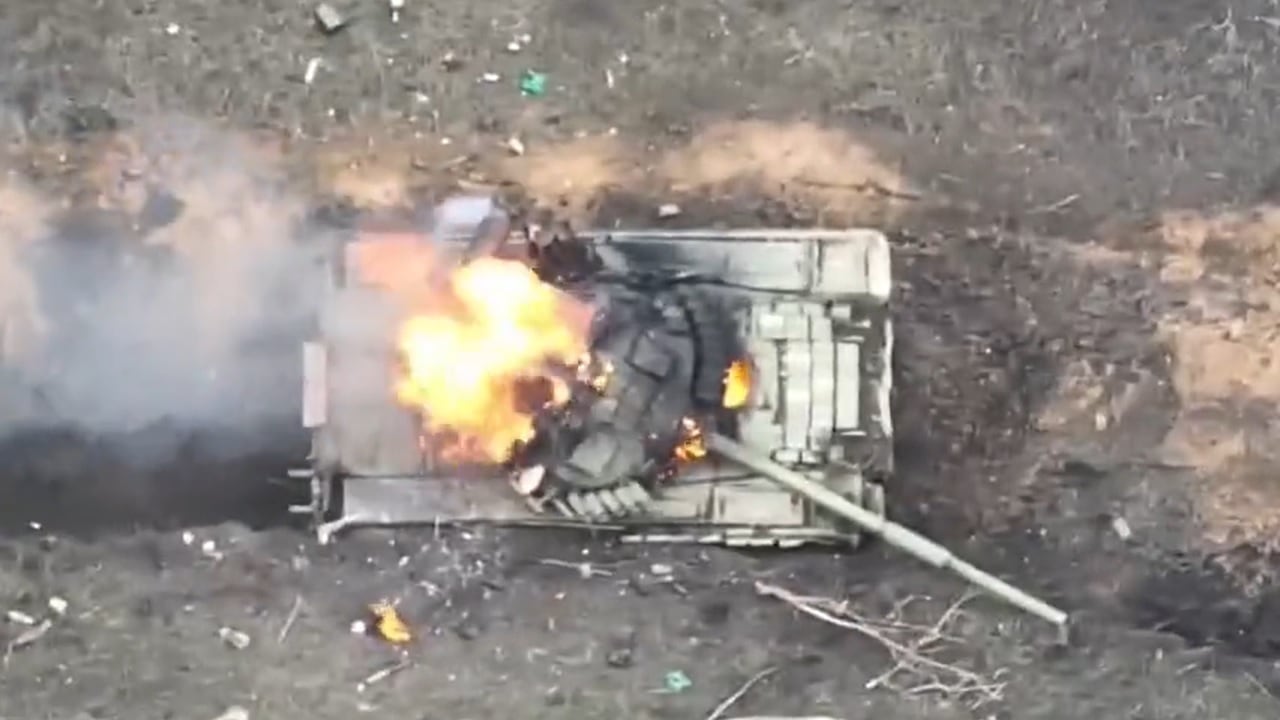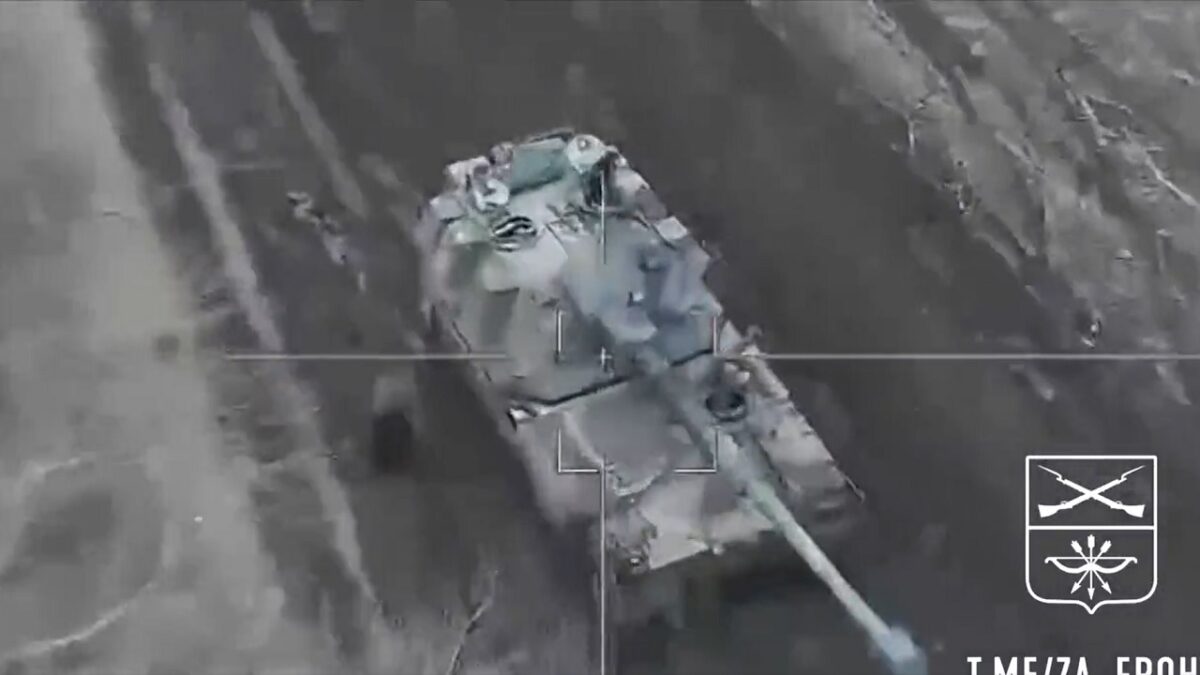Robert Kelly

Russia is desperate to find a gimmicky definition of “victory” to end what has become a quagmire in Ukraine. Russian President Vladimir Putin launched his invasion expecting a quick victory, akin to his Crimea land grab in 2014. A much-hyped Russian military modernization probably fed his belief this was achievable.

Russian Lancet Drone Attack on Ukraine
Instead, Ukraine rebuffed Russia’s initial spearheads by the end of March 2022. It then beat back Russia’s more focused effort in the Donbas in late spring and early summer. It now appears that Ukraine has fought off yet another major Russian offensive this year. Ukraine also launched two major offensives in 2022, rolling back around 40% of Russian territorial gains. It will probably launch another offensive this year.
In short, Russia has made almost no forward progress since its initial surge in February 2022. Russia will not lose outright so long as it continues to devote resources to the war — much like the U.S. in the Vietnam war, it can hold the line so long as it continues to fight. But indecisive, open-ended fighting is expensive, and it is not clear how it leads to victory, which is defined as a termination of the war on terms broadly favorable to Russia.
How to Get Out of an Unwinnable War in Ukraine
With Russia unable to beat Ukraine decisively on the battlefield, Putin has cast around for some quick means to break the strategic stalemate and end the conflict. His nuclear saber-rattling is the most obvious method. He hopes to scare off Ukraine’s Western backers, pushing an underequipped Ukraine to concede. This has failed though, likely because no one really believes Putin would risk a nuclear war over a limited conflict. He has also bet on Chinese assistance. Indeed, were China to openly support his war, Putin might get the decisive military victory he seeks. But China is too trade-dependent to risk an open breach with the West.
So the newest idea is to simply declare victory around the current line of control — the front line between the two militaries. Ideally, this would place the moral onus of continuing the war on the Ukrainians. Russia would declare war over, its goals met. It would offer to withdraw some of its forces in return for Ukrainian recognition of its conquests.
This is unlikely to work. Ukrainian public opinion support for the war is high. Its leadership is unlikely to simply accept the current line of control as its new border with Russia. The West, deeply wary of allowing Russia to unilaterally redraw national borders, will also probably reject this proposal as a gimmick.
Sponsored Content
Russia may hunker down behind that line, but Ukraine is likely to constantly probe and pick at that line for weaknesses. This would require Russia to keep a large military presence both in occupied territories and along the front. Declaring the war over only makes sense if the other side agrees. Ukraine clearly does not. Just because Russia has exhausted its ability to take more Ukrainian territory does not mean Ukraine or its partners will accept the status quo. The expected Ukrainian spring offensive will likely go forward.
Ukraine Not Losing is Good Enough
Russia’s desperate effort to wind down the war illustrates Putin’s quandary. War is expensive, and Russia’s mid-size, corrupt, resource-dependent economy is not well contoured to support a long war of attrition, especially against the far wealthier Western coalition supporting Ukraine. Russia has lost a surprising amount of equipment in the war and has taken to using armored vehicles from decades ago. It also lacks the computer technology to produce enough smart weapons. It is becoming dependent on China, especially for trade. Its economy has contracted under sanctions, and it will probably keep shrinking if the war drags on indefinitely. NATO has found new purpose and expanded, worsening Russia’s defense environment.
The gains for all those costs have been negligible. Russia has partially occupied several eastern Ukrainian oblasts which are now devastated and depopulated. Much of the world will not accept their annexation. Economic growth will not return to these spaces until the war ends. They, like the continuing war, will be a permanent drain on the Russian economy.
Putin can force the war on his population given the power of the repressive apparatus. But more than anything, he needs to win the war and go home to reconstitute his military and economy. The USSR experienced a long, bloody stalemate of minimal value in Afghanistan in the 1980s. The Ukraine war is evolving into the same pointless drain on national power for little obvious benefit. Hence all these gimmicky efforts to substitute for a battlefield victory that is now out of Russia’s grasp. By contrast, all Ukraine needs to do is hang on. As long as Ukraine is not defeated, it is winning and Putin is stuck.
No comments:
Post a Comment